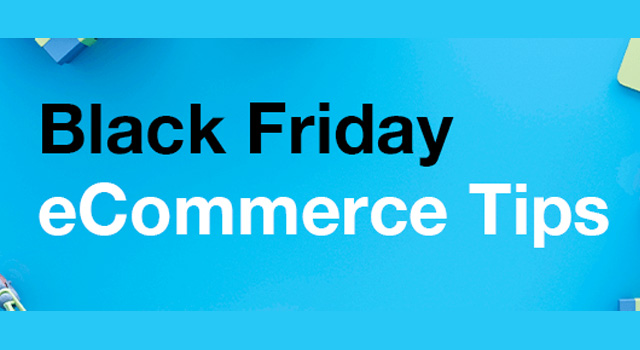
In almost every failed Black Friday campaign case, the brand failed to prepare. If you want to win on Black Friday, start getting prepared sooner rather than later.
When you prepare, you can create special landing pages that highlight deals. Flush out all those deals earlier in the year so they’re ready to go. Prepare to deploy countdown ads that instill a sense of Black Friday urgency. Most importantly, your preparation should include last year’s performance benchmarks. All companies can learn a lot from history.
Justin Seibert – Founder
Direct Online Marketing

Omni-Channel Approach: Plan an omnichannel strategy to reach, engage and drive actions.
Early Acquisition / Stay Ahead of the Curve: Be the first digital touchpoint of a potential customer i.e be the number one source of information for all things Black Friday and Cyber Monday. Reach the audience through advice/price guides and Black Friday weekend discounts and deals. Anticipation and pre-sale buzz is key. Approximately 50% of the shoppers start their research in early October. Build up assets well in advance.
Activate / Re-Engage: Plan a complete user cycle from first to the last touchpoint. Put in place the retargeting strategy to not only re-engage with the abandoned cart users but dormant and churned out users. Utilise all your resources for the likes of email, SMS and push notifications in a timely manner with or without loyalty discounts.
Bring Trends into Play and Think Out of the Box: Offering gift sets for her/him is the second most searched category in retail. Additionally, partner with on-demand Gig economy players like Airtasker, Hipages for the efficient same-day delivery by offering them discounts/coupon codes. And, not to forget to tap into feed-based marketing and the top-notch marketplaces for the likes of Amazon.
Personalised Experience: Delivery of a marketing punch through a personalised shopping experience and message is essential to shoppers.
Singing Vocals to the Locals: If you are a ‘Brick and motor’ store, opportunities are in abundance to drive maximum footfalls through to the store using in-store pick-up facility. Potential to build brand awareness amongst locals. Historic data suggests that the search term ‘near me’ hits the peak on Black Friday Weekend.
Adil Arif – Head of Search
Media Merchants

Start early with your SEO efforts. This may sound like an obvious tip, but SEO is often given a backseat to the likes of paid advertising, display, social campaigns & even email, when businesses are focused on building adaptive advertising campaigns for the holiday period.
SEO for eCommerce sites must be adaptive too. Having a relevant and well-optimised site section in place that is dedicated to seasonal promotions is so important.
For this to work, you need to plan well in advance. Here are some key things to consider:
- Webpages need time to index and more importantly, rank. The “45 Day Rule” is thrown around a lot for SEO and with good reason. Meaning you need your website assets in place to roll out 45 days ahead of sale day.
- Research, copywriting, and webpage design all can take significant amounts of time.
- Understand the volume and intent behind keywords, the range of query types (informational, transactional), product trends, past years analytical data, and then optimise your landing pages accordingly.
- Ensure your website is quick and optimised well for mobile.
Once in place, funnel momentum to this site section via your paid, social and email channels. Create remarketing lists and get in front of new and existing audiences as early as possible. - Don’t delete your old pages. Either update the content or redirect a 2018 page to a new 2019 page to funnel the value you created in the previous year.
- Schema mark-up. Use this to highlight business & product information, FAQs and even voice results if you wish to go that far. All of this takes up valuable SERP real estate.
Ben Poulton – Head of Search
FIRST Digital








